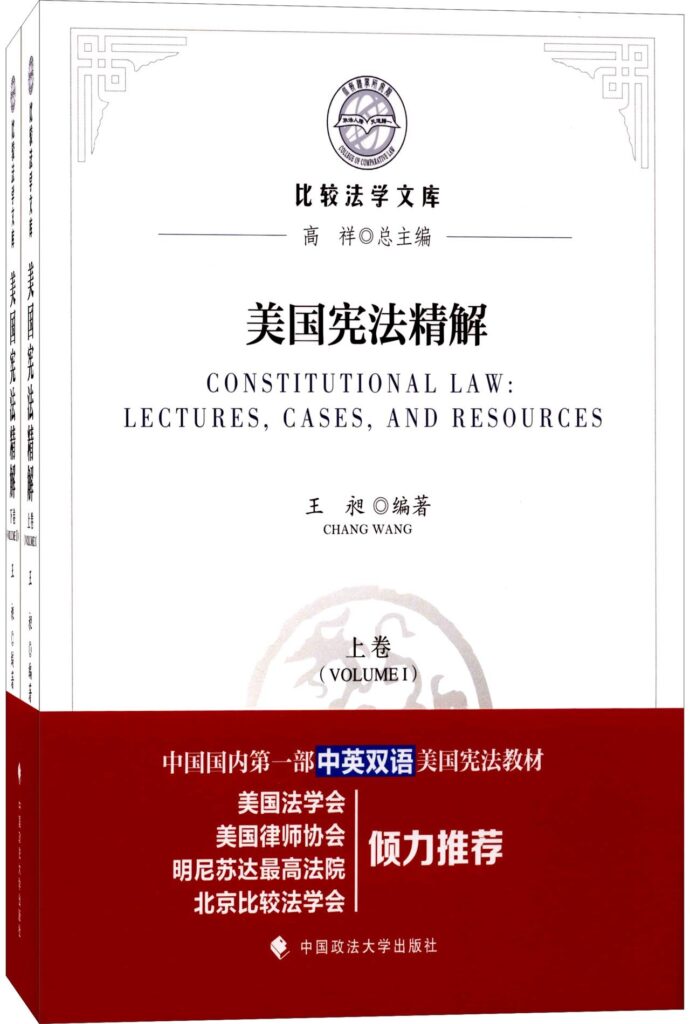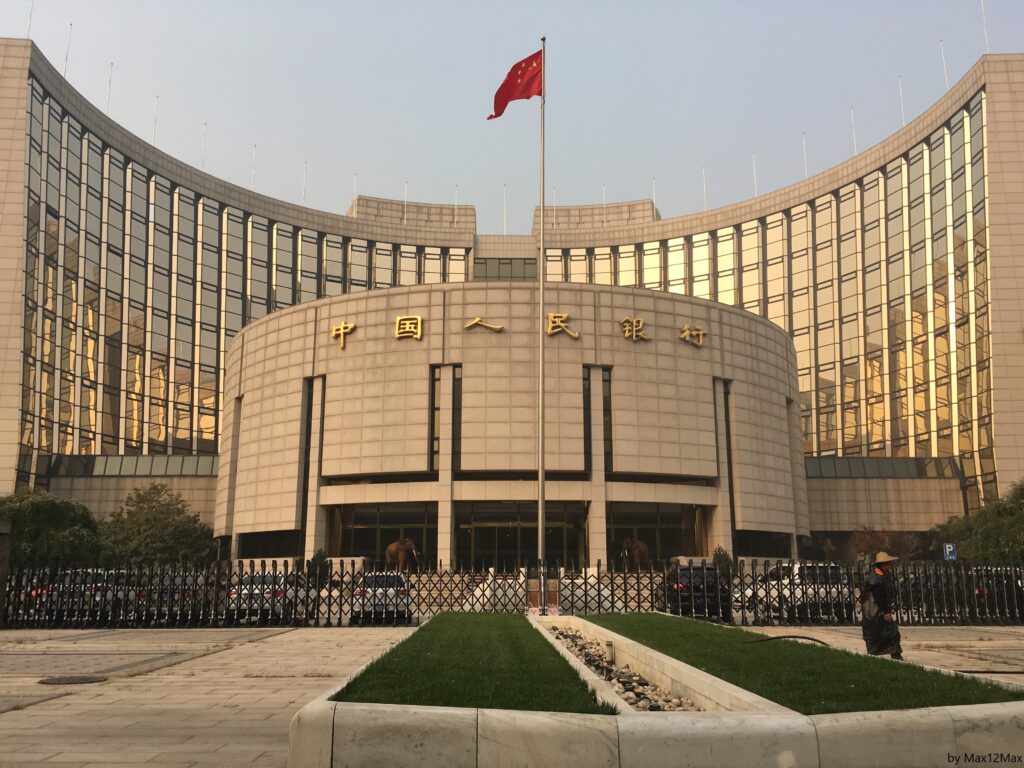A new paper by Han Liu
American constitutional law has influenced various countries, but what about China? For conventional account, the answer is, little, given China’s socialist constitutional system and continental legal thinking. Diving into a relatively unexplored domain, Han Liu traces the reception of American constitutional law in post-Reform China, arguing that American constitutional law has greatly influenced Chinese constitutional thinking, sometimes even generating practical reform projects (article, free draft).

To be sure, American constitutionalism had almost no influence in proto-socialist China (1949–1979). In 1979, as China and the United States established diplomatic relations, interest in American constitutional system began to surge. Translations, studies, and introductions about American constitutional law started to grow rapidly. This academic project also influenced practice, especially by providing an example of the separation of powers and judicial review.
Han Liu points out that there has been a great change in Chinese understandings of American constitutionalism, that is, from “regime-centered” to “court-centered”. These two exerted different practical influences. In the 1980s, American constitutionalism was generally tantamount to tripartite “separation of powers” to Chinese intellectuals, legal or otherwise, and even political leaders. Deng famously said that “I always criticize the American power holders for having three governments.” Despite Deng’s critique, others tried, without success, to learn from the American example, bringing checks and balances into the Chinese system.
But at the turn of the century, especially in the early 2000s, American constitutionalism shows a different face. For many legal scholars and lawyers, it was understood as synonomous with judicial review. They came to believe that a constitution remains a dead letter if not used in courts and litigations, as in the US. The US Supreme Court, with its power to enforce the Constitution, now took the center stage in the Chinese understandings. Its Chinese counterpart, from 2001 to 2008, even introduced an American model of judicial review into the Chinese judicial system.

Why has this happened? It was not simply a “response-impact” mechanism. Rather, China’s different receptive attitudes towards American constitutional law hinge upon China’s own frame of reference in the legal reform. As the authorities began to construct “the rule of law” in the 1990s, the Constitution had to be activated in practice. Then the American model became attractive.
In the space between theory and practice, the Chinese constitutional mind becomes receptive to American influence.
This logic also explains the decline of American influence in Chinese constitutional theory and practice in the last ten years. While the authorities declare the principle of “governing according to the constitution”, they at the same time stress China’s distinction from “Western” models, especially the US. In due course, American constitutionalism in China will perhaps no longer be the single idol to adore, let alone the best model to follow.
Looking back, American constitutionalism’s impacts on Chinese constitutional development depend upon the internal logic and dynamics of Chinese reform, which determines the optics in the reception of foreign law. The fundamental change in Chinese understandings of American constitutionalism reflects the great transformation in the deep structure of Chinese ideology and jurisprudence.
Han Liu is Associate Professor at Tsinghua University Law School and Deputy Director of Tsinghua Institute for Law and AI. He researches comparative constitutional law, cyber law and policies, and legal theory. His recent paper ‘Regime-Centered and Court-Centered Understandings: The Reception of American Constitutional Law in Contemporary China’ (free draft here) appears in American Journal of Comparative Law, selected as one of the top 10 comparative law articles in the Best of 2020 Law Journals from Oxford University Press. His book Think Big and Beyond Yourself: Law as a Way of Thinking (in Chinese) won “The 10 Best Books 2020 in Law” in China. His online course “Legal Thinking” has attracted more than 70, 000 subscribers. Reach out to him at liuhan[at]tsinghua.edu.cn.


